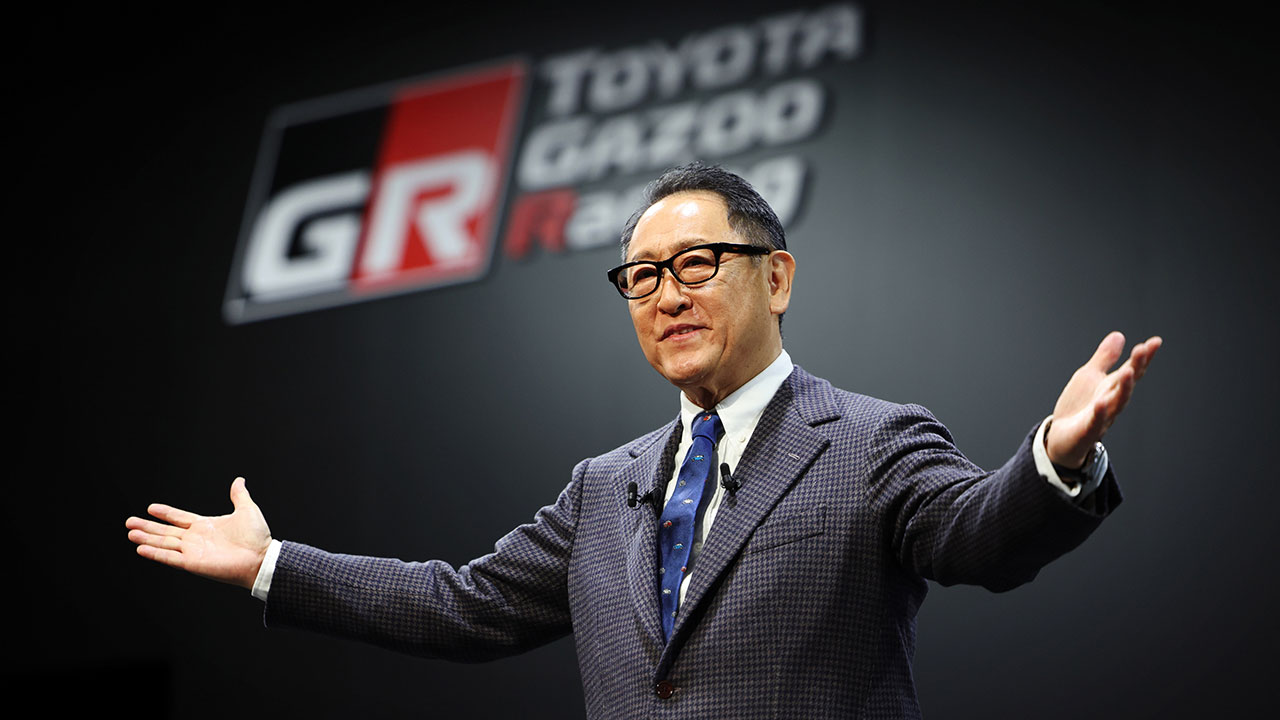In an updated forecast shared at a business event earlier this month and uploaded to the company's media platform on Tuesday, Toyoda pointed out that "The enemy is CO2," stressing that consumers should have the freedom to choose their vehicle types without regulatory or political influence. His remarks come after stepping down as CEO in January 2023.
Toyota Motor has been criticized by shareholders for its sluggish transition to EVs. The company announced a plan for 30 battery-powered EVs by 2030 but remains focused on hybrid vehicles—a segment where it recorded a 30% increase in sales during the first 11 months of 2023, totaling 3.1 million units.
The company’s new CEO, Koji Sato, formerly the president of Lexus, has shown support for battery technologies. This could signal a shift toward embracing EVs more fully within Toyota's strategy.
In contrast to Toyota's tempered approach, competitors like Volkswagen aim to launch 70 all-electric models by 2030. Similarly, BMW targets delivering electric vehicles as half of their sales by that same year.
Bloomberg forecasts a brighter future for EVs predicting that they will comprise 44% of passenger cars by 2040. However, global trends indicate deceleration in EV adoption amid economic uncertainties. Adding to these complications is the approximate one billion global population currently lacking access to electricity—highlighting one of many barriers impacting widespread transition to electric mobility.

